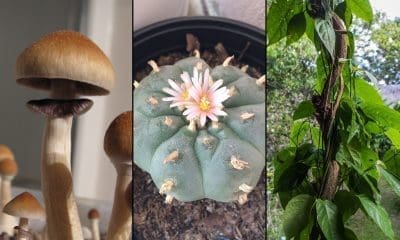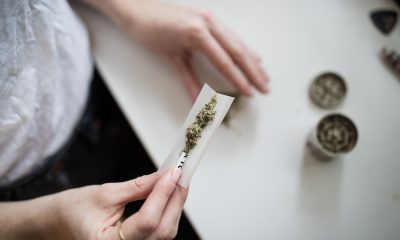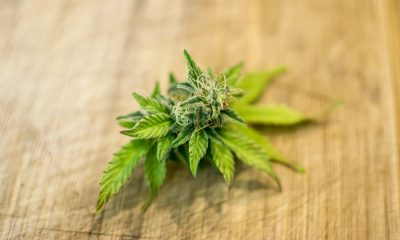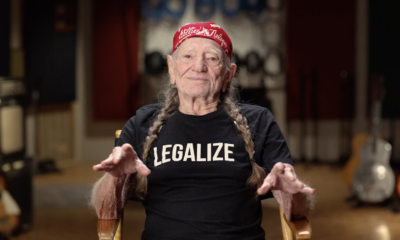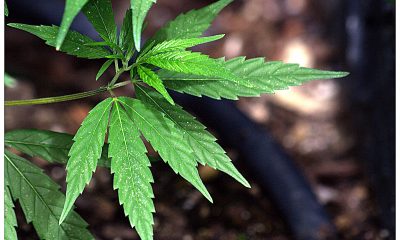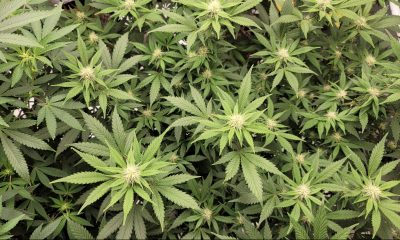Politics
Hawaii Legislature Seeks Marijuana Exemption From DEA While Senate Requests Legal Psilocybin Plan
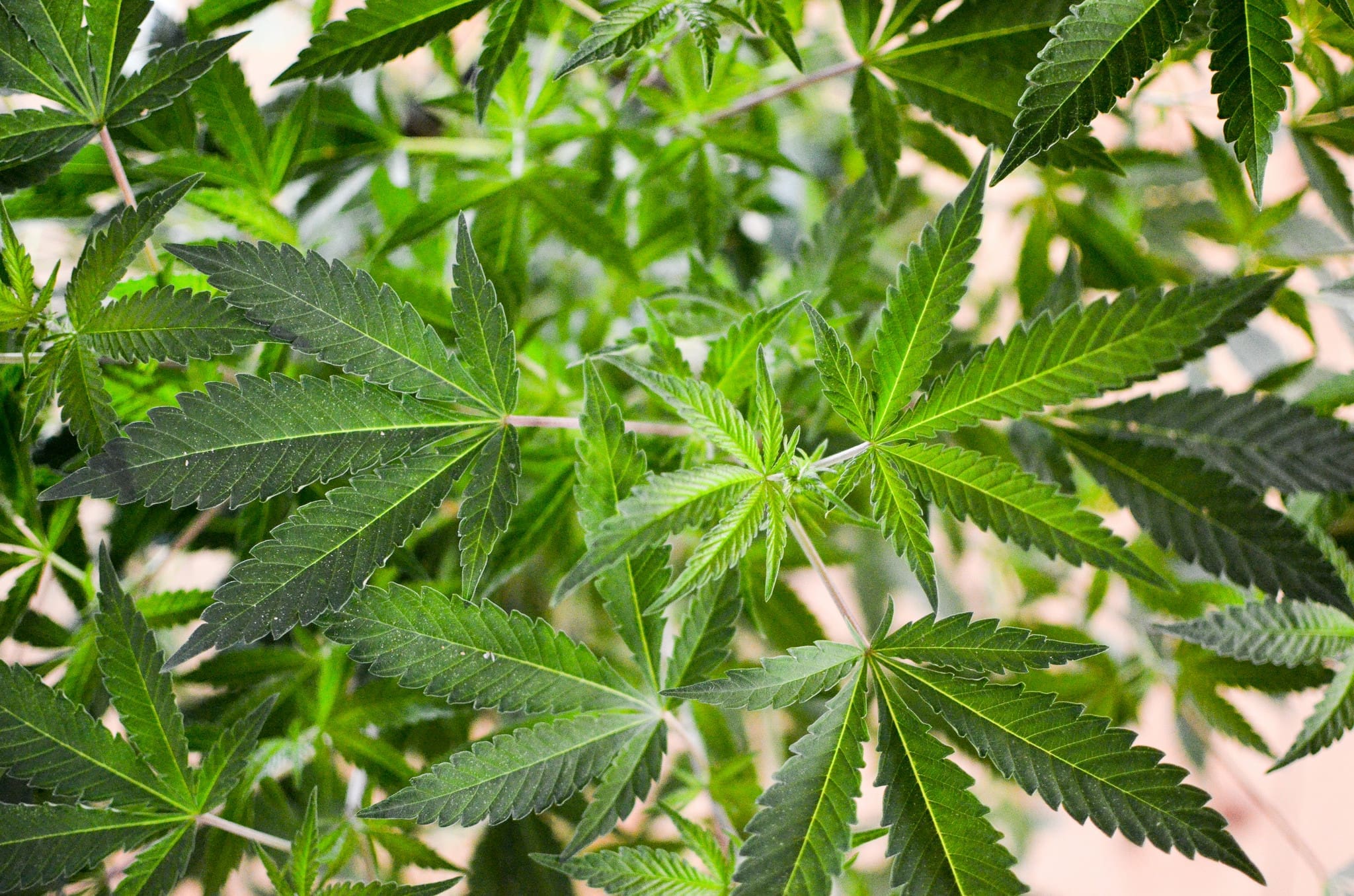
The Hawaii legislature has adopted a resolution that asks the state to seek an exemption from the Drug Enforcement Administration (DEA) stipulating that it is permitted to run its medical cannabis program without federal interference.
While the House approved an identical measure last month, it only applied to that chamber. This separate concurrent version cleared the House first before being adopted in final form by the Senate last week.
Meanwhile, the Senate recently approved two resolutions calling on state officials to study the therapeutic benefits of psilocybin mushrooms and create a plan that would provide legal and equitable access to the fungi for adult patients.
The cannabis-focused measure asks the state Health Department to seek an “exception to regulations” from DEA and to petition for a rulemaking process that would clarify that state-level legalization is not in violation of federal drug laws.
The resolution states that “federal law expressly prohibits the use of marijuana, despite the evidence of the benefits of using medical cannabis” and “this lack of uniformity between state and federal marijuana laws has repercussions for medical cannabis patients and the State’s medical cannabis dispensaries.”
Further, “obtaining an exception from the federal Controlled Substances Act for the state-authorized use of medical cannabis would benefit the State’s residents who use medical cannabis and the State’s medical cannabis dispensaries.”
Last year, DEA rejected a petition to exempt Iowa from enforcement actions related to its medical cannabis program that was filed by an activist, but state officials are considering submitting an official request of their own. Advocate Carl Olsen filed a lawsuit against the governor earlier this month, arguing that the state has unnecessarily delayed submitting that request as prescribed under legislation that passed last year.
In Hawaii, the separate psychedelics measures that unanimously cleared the Senate, which call for a working group on psilocybin, are nonbinding—but their passage is another example of how lawmakers are increasingly open to exploring reforms around psychedelics. Another bill to legalize psilocybin for medical purposes was introduced in January, but it stalled in committee.
—
Marijuana Moment is already tracking more than 1,000 cannabis, psychedelics and drug policy bills in state legislatures and Congress this year. Patreon supporters pledging at least $25/month get access to our interactive maps, charts and hearing calendar so they don’t miss any developments.
![]()
Learn more about our marijuana bill tracker and become a supporter on Patreon to get access.
—
The current legislation wouldn’t legalize the entheogen. Rather, it simply calls for a working group to be established in the Health Department and for members to study 1) the current laws governing psilocybin at the local, state and federal level, 2) the existing research related to the “safety and efficacy” of using the psychedelic for mental health treatment and 3) guidelines for medical professionals to “prescribe and provide psilocybin” to patients.
The working group “is requested to develop a long-term strategic plan to ensure the availability of medicinal psilocybin and psilocin or psilocybin-based and psilocin-based products that are safe, accessible, and affordable for adults twenty-one years of age or older,” the text of the resolution states.
The requested deadline for a report on the group’s initial findings would be 20 days before the start of the 2022 legislative session. The resolution requests a deadline for a final report with recommendations, “including any proposed legislation,” 20 days before the convening of the 2023 session.
In the “whereas” section, the resolution states that there are a variety of treatment options for mental health conditions, but some are not effective. Psilocybin has “shown efficacy, tolerability, and safety in the treatment” of conditions such as addiction and depression.
“Hawaii has a shortage of mental health professionals and should actively consider novel, innovative, and safe solutions to treat its citizens,” it continues.
The concurrent version of the resolution is now pending in a House committee.
In other drug policy news in Hawaii, a Senate-approved bill to legalize marijuana died last month when it failed to proceed past a House committee by a key deadline. Separate legislation to expand the state’s existing decriminalization threshold from three grams to 30 grams of cannabis also failed to advance in the House this session after winning approval in the Senate.
Cannabis Could Be Grown At U.S. Botanic Garden Under Congressional Lawmakers’ Request
Photo courtesy of Philip Steffan.




